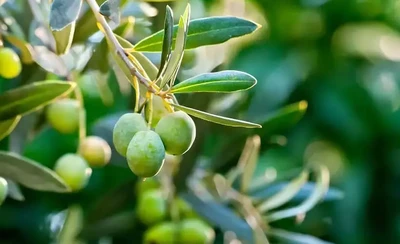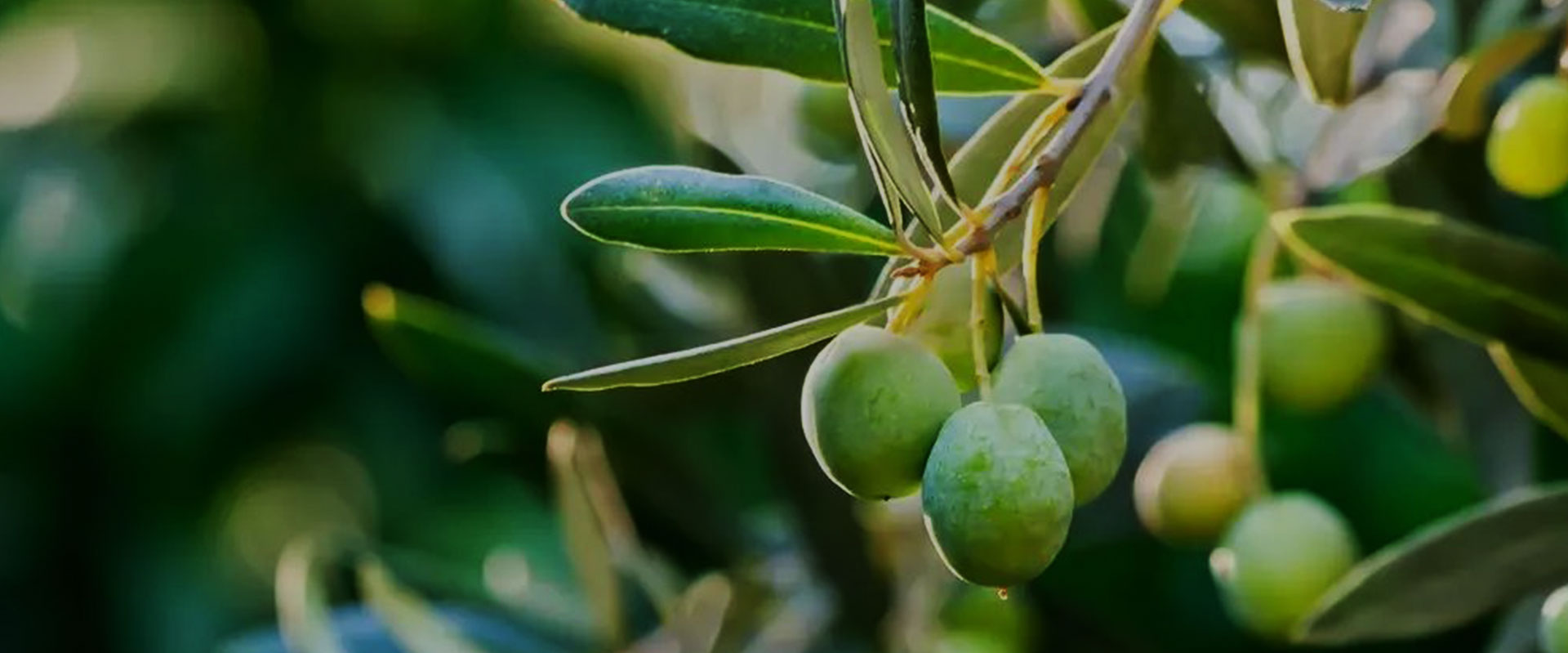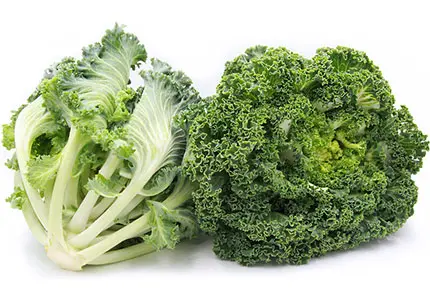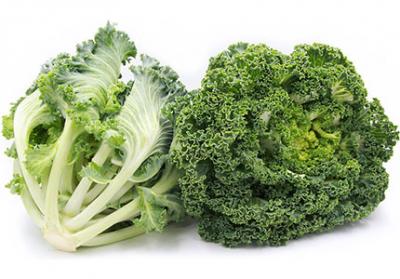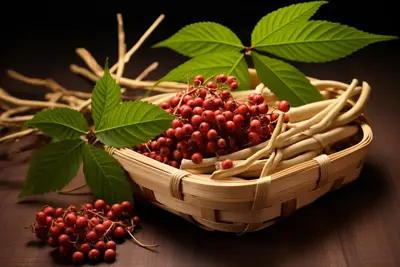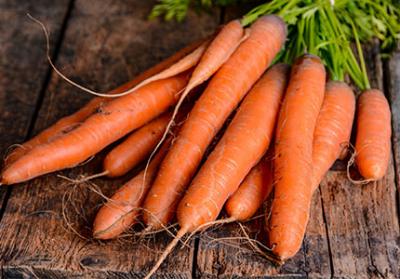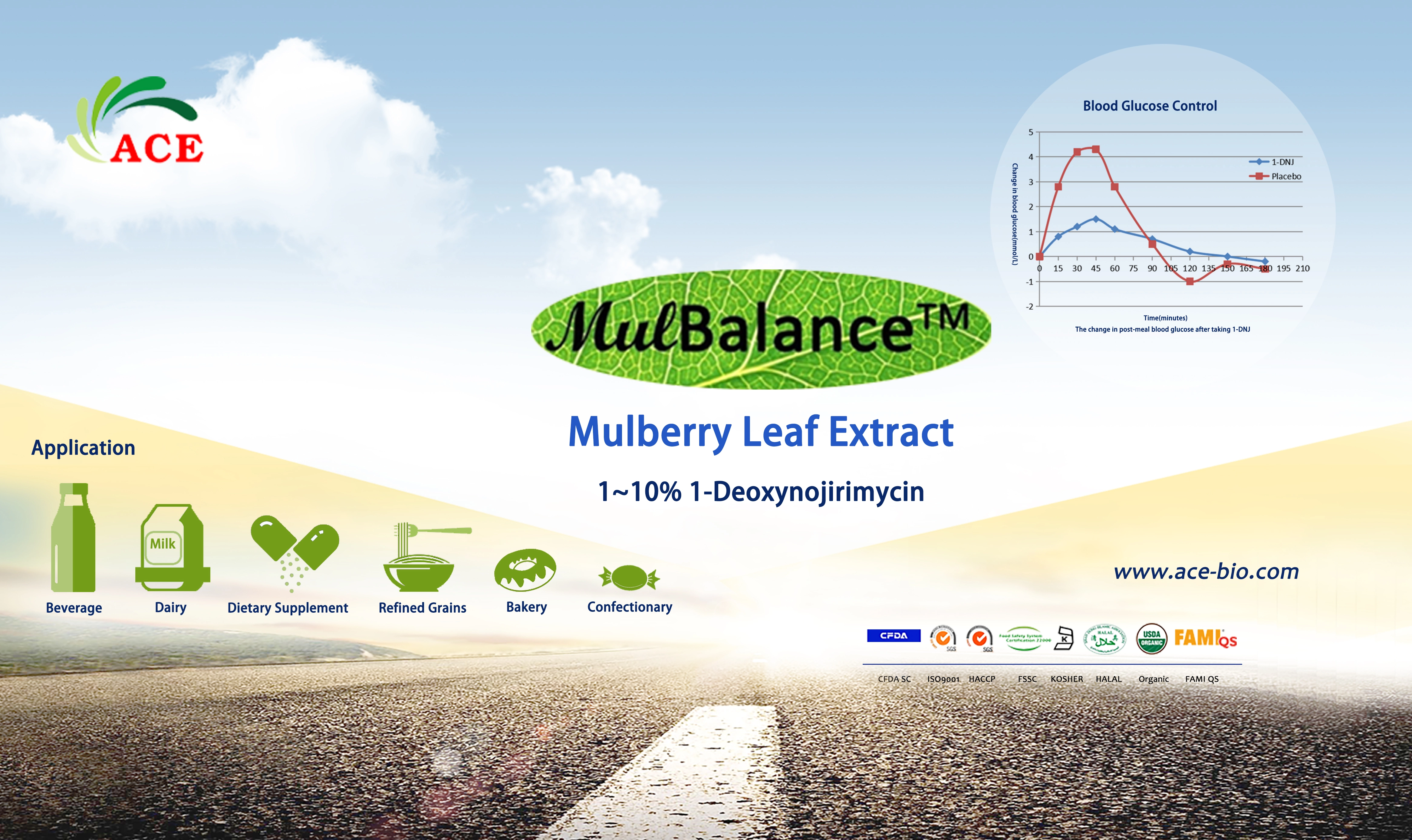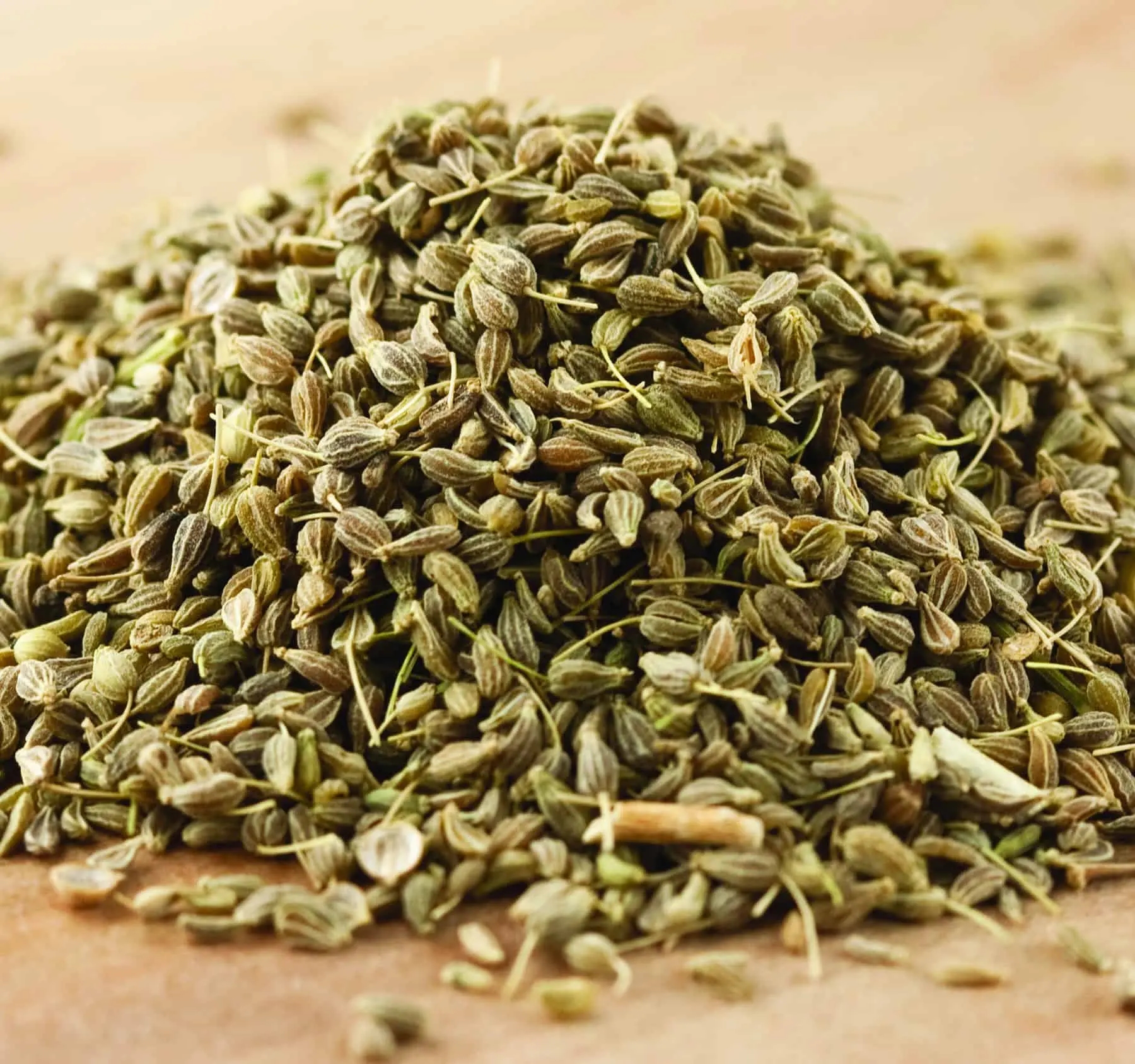
-
Productos
- Extracto de orégano
- Extracto de hoja de espino
- Extracto de Tongkat Ali
- Extracto de fenogreco
- Extracto de hoja de Olivo
- Extracto de hoja de morera
- Extracto de mangosteen
- Extracto de Romero
- Extracto de Schisandra
- Extracto de Panax Ginseng
- Extracto de cúrcuma
- Extracto de granada
- Extracto de semilla de apio
- Extracto de Ginkgo Biloba
- Extracto de té verde
- Extracto de ruibarbo
- Extracto de equinácea
- Extracto de cardo de leche
- Extracto de hoja de Eucommia
- Extracto de cítricos
- Extracto de semilla de uva
- Extracto de Rosa cadera
- Extracto de ginseng siberiano
- Extracto de Maca
- Extracto de corteza de canela
- Extracto de Sophora Japonica
- Extracto de ajo negro fermentado
- Fu Ling polvo/extracto
- Oyster Seta Cortada/Polvo/Extracto
- Extracto de Cordyceps Sinensis
- Chaga entero/cortado/polvo/extracto
- Trametes enteros/cortados/en polvo/extracto
- Reishi entero/cortado/polvo/extracto
- Mane De León entero/corte/polvo/extracto
- Agaricus entero/corte/polvo/extracto
- Maitake entero/cortado/polvo/extracto
- Shiitake entero/corte/polvo/extracto
- Extracto de semilla de hinojo
- Anís estrellado entero/cortado/polvo/agrietado
- Polvo de ajo/extracto
- Polvo de canela/extracto
- Crisantemo entero/cortado
- Diente De León entero/corte/polvo/extracto
- Rosebuds en polvo de pétalo/rosa
- Flor de jazmín entera/cortada
- Polvo/extracto de hoja de loto
- Polvo de raíz de jengibre/extracto
- Polvo de raíz de cúrcuma/extracto
- Polvo/extracto de Maca
- Polvo de astrágalo/corte/extracto
- Epimedium corte/extracto
- Echinacea entera/cortada/polvo/extracto
- Polvo de raíz de bardana/corte
- Guisante de mariposa entero/corte/polvo/extracto
- Corte/polvo/extracto de valeriana
- Aplicaciones
-
Empresa
-
Calidad
- Recursos
- Noticias
- Contáctenos
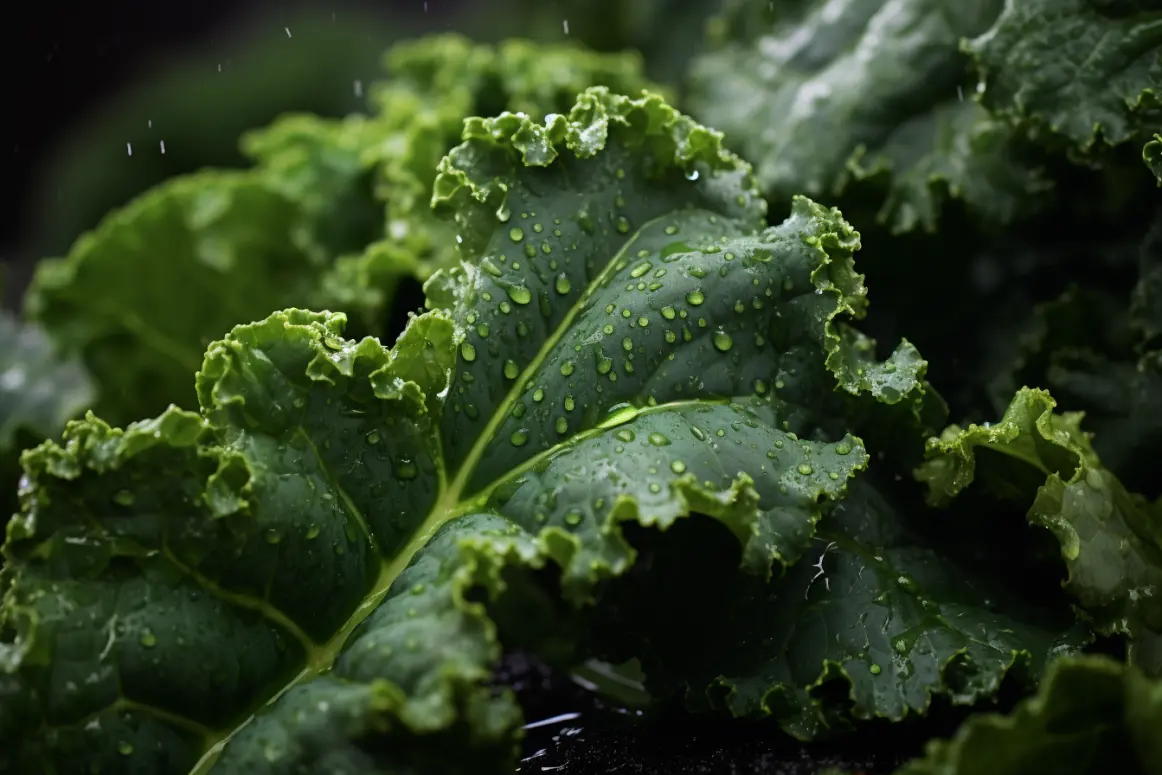
 EN
EN
 cn
cn  ja
ja  ko
ko  fr
fr  de
de  es
es  it
it  ru
ru  pt
pt 